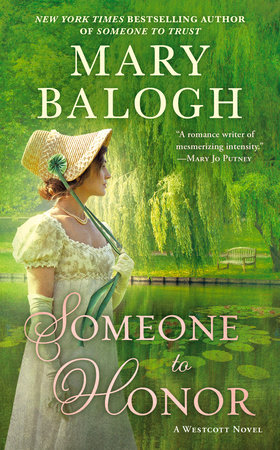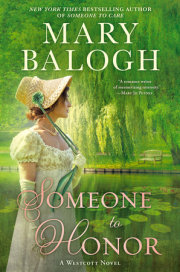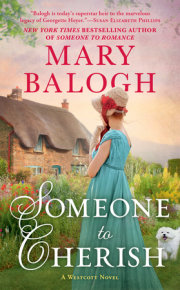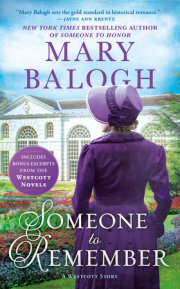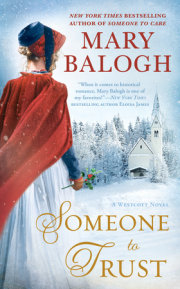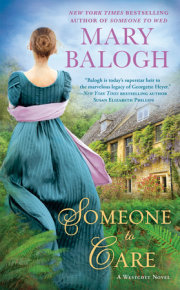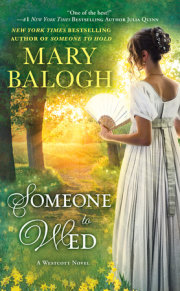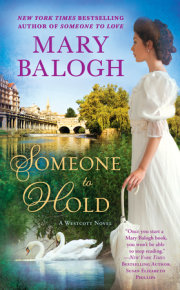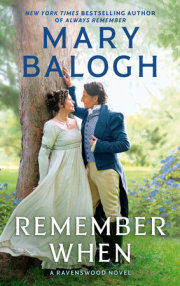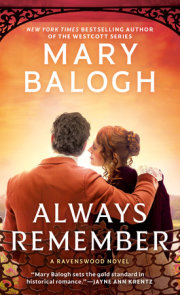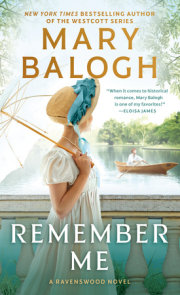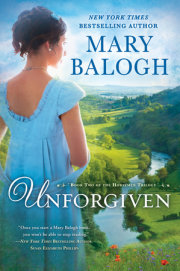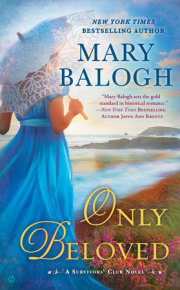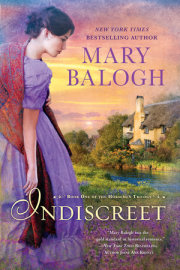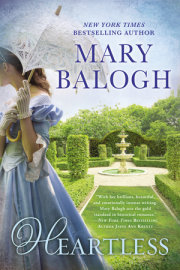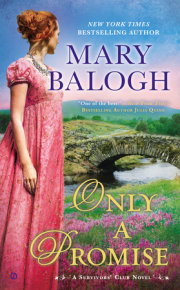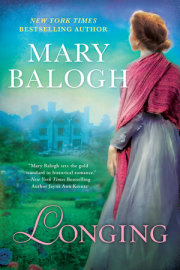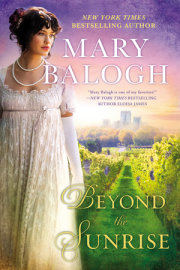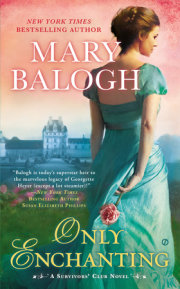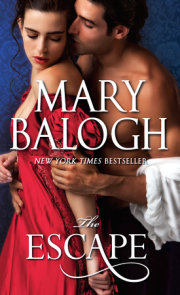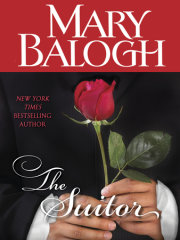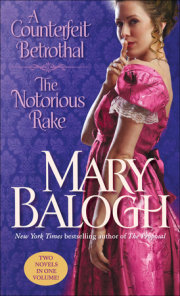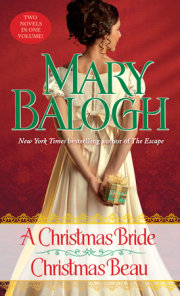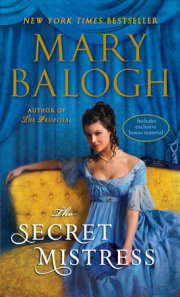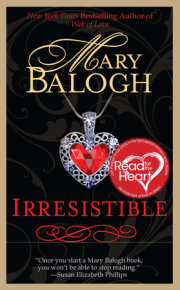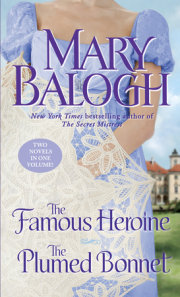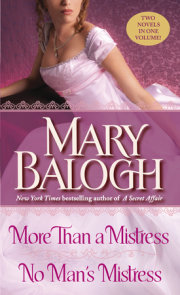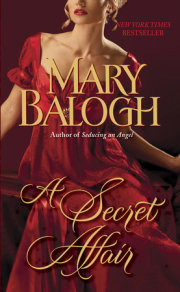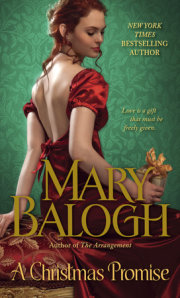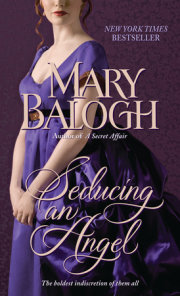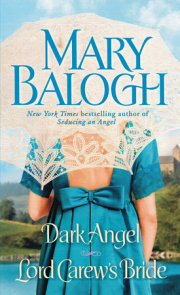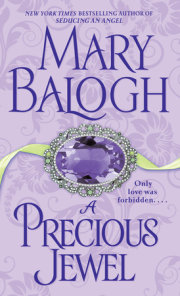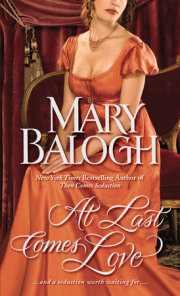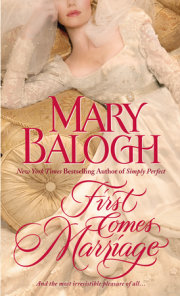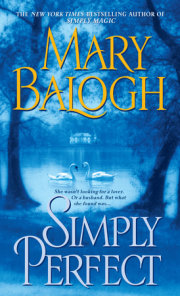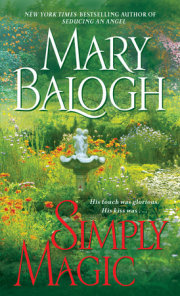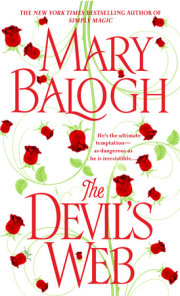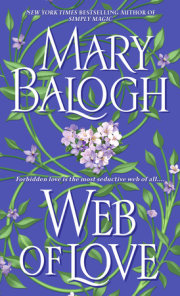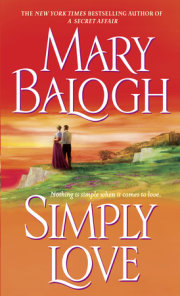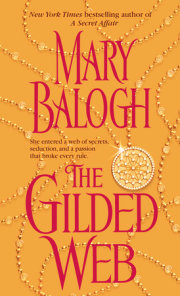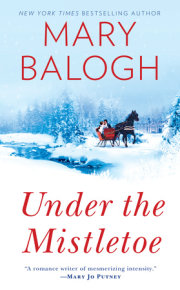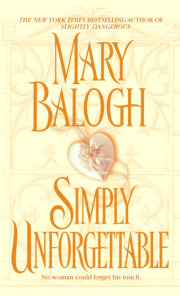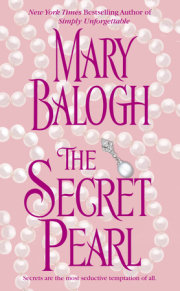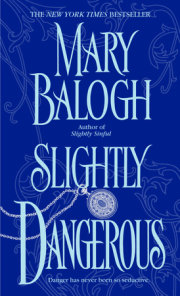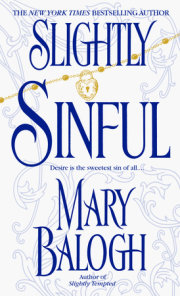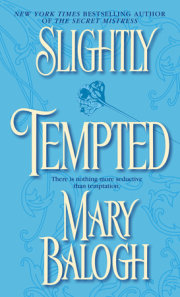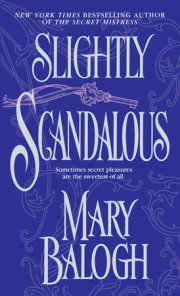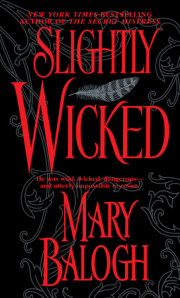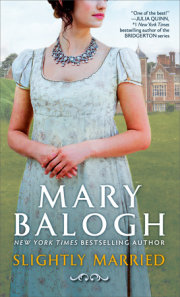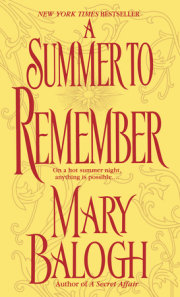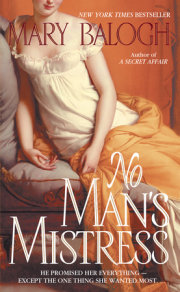One
Home at last!
Well, back in England, at least. Twenty months had passed since his last brief, disastrous stay here, after the Battle of Waterloo, in 1815. Now he was back.
But as Lieutenant Colonel Gilbert Bennington, Gil to his friends and acquaintances, disembarked from the packet in Dover after making the night crossing from Calais, he felt only weariness, irritation, and a heavy foreboding that coming home was not going to bring happily-ever-after with it.
He grimaced at the sight of an elegant traveling carriage, ducal crests emblazoned upon its doors, standing on the dock, for it was obviously awaiting him. Or, more specifically, Avery Archer, Duke of Netherby, one of his three traveling companions. Gil would have far preferred to hire a chaise for the journey ahead, but he might have guessed that nothing but opulent splendor would do for His Grace on his own native soil. And it had to be admitted, grudgingly, that this conveyance would be far better than a hired chaise for one of their other companions, Harry. Harry was looking gray with exhaustion.
Gil had not intended to have three companions for the journey. He had recently spent a year on the island of St. Helena as part of the garrison that guarded Napoleon Bonaparte during his second exile. When he had returned, on a ship bound for France rather than England for the simple reason that it was the first outward-bound vessel after his term of duty was over, he had gone to Paris. There he had discovered, quite by chance, that his old friend and comrade Major Harry Westcott, who he thought had died at Waterloo, was convalescing at a facility for military officers. Gil had last seen him after the battle, when his injuries had seemed mortal. But against all odds Harry had survived-barely. And after more than a year and a half he was itching to go home, though his physicians advised strongly against the strenuous journey. He was still not fully recovered.
Gil had offered to escort him, and Harry had jumped at the opportunity. He had invited Gil to stay with him for a while once they were back home, and Gil had accepted. He wanted to be in England. He needed to be there. But he was reluctant to go all the way to his own home. There were things that must be done first.
But then, at the last possible moment, two of Harry's kinsmen had arrived in Paris with the purpose of conveying him home themselves. And although Harry himself was a mere illegitimate member of his family, his kinsmen were powerful men. Aristocrats. They were Avery Archer, who had once been Harry's guardian-before the illegitimacy was discovered-and was now his brother-in-law; and Alexander Westcott, Earl of Riverdale, head of the family and holder of the title that had once been Harry's-also before the discovery of the illegitimacy.
It was a bit of a complicated family, Gil understood. Harry had never spoken much about it.
They had traveled together, the four of them, though Gil had tried to bow out. He did not feel comfortable in aristocratic company. Despite his senior military rank, he was in reality a nobody from nowhere and as illegitimate as Harry. A gutter rat, if one chose to call a spade a spade. But Harry had begged him not to change his mind, so Gil had come. His friend would need him after his relatives had conveyed him home and returned to their own families.
"Ah," the Duke of Netherby said now, looking at his carriage through the quizzing glass he raised to his eye. "A sight for sore eyes. How much did you wager, Harry, that my carriage would not be here?"
"Absolutely nothing, if you will recall," Harry said. "It would be more than the life of your coachman is worth, or his livelihood anyway, to be late."
"Quite so," His Grace said with a sigh. "Let us go find a nearby inn and enjoy a good English breakfast. I daresay there will be a meaty bone somewhere on the premises too."
The meaty bone would be for Gil's dog, a great lump of a canine of indeterminate breed that had followed him from Waterloo to England to St. Helena, to France, and now back to England. She stood panting at Gil's side, happy, he believed, to have her paws on firm soil again. Within moments she was inside the Duke of Netherby's carriage with the rest of them, draped over Gil's feet like a large sheepskin rug and half over Riverdale's boots too.
The carriage transported them the short distance to what Gil did not doubt was the best inn in Dover, where three of them ate a hearty breakfast and Harry nibbled without enthusiasm upon a piece of toast. His Grace then called for pen, ink, and paper and wrote a brief note to inform his duchess of their safe return to England and of the change in their planned destination. His relatives had intended to take Harry to London, where other relatives awaited him, including his mother, the Marchioness of Dorchester, and one of his sisters. But Harry had insisted upon going to Hinsford Manor in Hampshire, where he had grown up. He wanted the quiet of the countryside, he had explained to Gil. More to the point, he wanted to avoid being fussed over, and fussed over he would be if he went to London.
Having arranged for the note to be sent, His Grace joined the other three in his carriage and it proceeded northward without further delay. It was certainly a comfortable carriage, Gil conceded. It also attracted the gawking attention of everyone it passed.
Harry, on the seat opposite, next to Riverdale, was even paler than usual, if that was possible, and thin almost to the point of emaciation. His good looks and ever-cheerful, energetic charm had deserted him. He was twenty-six years old, eight years younger than Gil. Apparently for the six months following Waterloo the army physicians had been in daily expectation of his dying. He had been taken to Paris after the first month-why not back to England none of the military authorities seemed to know. Even after the six months he was being assailed by one infection and fever after another, only to have to face a painful, life-threatening surgery five months ago to remove an embedded bullet, which his surgeons judged had shifted closer to his heart. Having it removed would very possibly kill him, they had warned. Not doing so certainly would. He had survived the excruciatingly painful ordeal, but the renewed infections and fevers had almost killed him anyway.
Gil hoped the ordeal of their trip would not accomplish what all the fevers and infections had been unable to do. He hoped Harry would survive the journey, which Gil had encouraged and arranged.
"You must be happy to be back in England, Harry," Riverdale said. "Though it is unfortunate you are being treated to a typical English welcome." He gestured toward the window. Heavy clouds hung low over a landscape that was being buffeted by a west wind and assaulted by a slanting rain.
"It is indeed a good feeling," Harry said, gazing out upon the scene. "But I have been thinking and wondering. I suppose it is altogether possible I will be descended upon not just by rain in the next week or so. Do you think there is any chance the family will come visiting since I am not going to London to visit them?"
"I would certainly not wager against it," Alexander said. "They have all been eagerly awaiting your arrival in London. I doubt your choosing to go to Hinsford instead will deter them. It is not terribly far from London, after all."
"The devil!" Harry muttered, closing his eyes and setting his head back against the plush cushions.
"I suppose," Riverdale added, "you have chosen to go straight to Hinsford at least partly in order to avoid the commotion awaiting you in town."
"Yes, at least partly," Harry admitted-and then laughed unexpectedly without opening his eyes. "I ought to have known better. And if I had known better, I would have felt obliged to warn you, Gil. There is possibly no other family on earth that rallies around its members as the Westcotts do-and that includes those who are married to Archers and Cunninghams and Handriches and Lamarrs and . . . Did I miss anyone? Once a Westcott, always a Westcott, it seems. Even if one is a bastard."
"You know that is a word we never use within the family, Harry," Riverdale said. "Think of your sisters when you use it, if you please, even if not of yourself."
Gil, without showing any outer sign, was wishing like hell that Harry had thought to warn him that his fond family was likely to descend upon him en masse even though Hinsford was some distance from London. Most of them would be gathered in London now for the spring session of parliament and the social whirl of the Season. He might have guessed, of course, when these two men turned up unexpectedly in Paris as emissaries of the family. But it had not occurred to him even then that the rest of them would actually journey into the country to see Harry when he arrived home.
After all, no family had ever rallied around him, either on his mother's side-they had turned her out, never to relent, after she conceived him-or on his father's. The most his father had ever done for him was purchase his ensign's commission in a foot regiment after word had reached him of the death of Gil's mother. Gil had been at that time a sergeant with a British regiment in India. Later he had purchased a lieutenancy for his son too, but Gil had written to him on that occasion, and not to thank him-why should he thank a father who had ignored his very existence for more than twenty years, only to swoop down seemingly from nowhere with a gift his son had neither wanted nor asked for? Gil had written to inform the man that he need supply no further patronage and that it would be refused if it was offered. By that time Gil had been wishing heartily that he were still a sergeant. He had been happier with his own kind.
He and Harry had fought together in the Peninsula and at Toulouse and Waterloo. They had been friends from the start, perhaps because they had one thing in common apart from their regiment and military experiences: They were both bastards-yes, it was always as well to call a spade a spade-in a gentleman's army. In the officer ranks of the army, that was. Hard work and prowess, talent and dedication to one's men and mission, counted for far less in the officers' tents and messes than did birth and fortune. Oh, Gil and Harry had never been ostracized outright, it was true, but they had always been made in subtle and sometimes not-so-subtle ways to feel that they were outsiders. That they did not quite belong. That they were a bit of an embarrassment. Occasionally more than a bit.
He gazed out the window on his side of the carriage at the gloomy countryside, though it was only the heavy clouds and rain that caused the gloom. It was England, and he felt a rush of affection for his native land even if there were not very many happy memories associated with it.
He had a home of his own here, Rose Cottage in Gloucestershire, purchased during the Indian years when he had acquired what had seemed to him-it still seemed-a fabulous fortune in prizes. He had invested what remained of it after the purchase, engaging the services of an agent in London he had been persuaded to trust, happily as it had turned out. He could have lived like a gentleman from that moment on if he had chosen to leave the army. He had not done so, however. Nor had he done so anytime since. The army was all he had known since he left home at the age of fourteen in a recruiting sergeant's untender care, and on the whole it had been good to him. The life had suited him.
He had gone home after the Battle of Toulouse in 1814, though, taking his pregnant wife with him. He had taken her to Rose Cottage-a great deal larger actually than a cottage despite its name. And all his own. His anchor to this world. The place where he would send down roots. The place where he would raise his family. Home. The dream of happiness had become even more of a reality when Katy was born-Katherine Mary Bennington. Ah, that achingly happy day following hours of pain for Caroline and anxiety for him. That dark-haired baby. That warm little bundle of squawking humanity.
His daughter.
It was a brief interval in his life almost too painful to look back upon. Therefore, he rarely did. But some memories went deeper than conscious thought. They were there always, like a leaden weight, or like an open wound that would not quite kill him but would never heal either.
Happily-ever-after had begun to slip away when Caroline, her confinement over, had become more restless than usual and peevish about the inferior size of the house and the dullness of the village on the edge of which it stood, and the insipid nature of their social life there. It had slipped further a little more than three months after Katy's birth when Gil had been recalled to his regiment following Napoleon Bonaparte's escape from his first exile, on the island of Elba, and his return to France to gather another vast army about him.
Caroline had wanted to go too, leaving the baby with her mother. He had refused. Following the drum was no life for a lady, though Caroline had done it for a few months before he married her when her mother brought her to the Peninsula after she had finished her lady's schooling. And a baby needed her mother and a home and her father's financial support and the promise of his return as soon as he was able. A baby actually needed both parents, but life could not always be ideal. He had tried to make it as secure and comfortable as was possible under the circumstances.
By the time he had hurried home after Waterloo, alarmed by increasingly mutinous letters from his unhappy wife, she was gone. So was their daughter. And her nurse. But no one-not their servants, not any of their neighbors-knew just where they had gone or when they were likely to return. He had not seen either one of them since, though he did know that Katy was in Essex, living with her grandparents, General Sir Edward and Lady Pascoe, to whom, unbeknown to him, she had been taken before Waterloo, soon after his own departure for Belgium. Lady Pascoe had refused to let him see her, however, when he had gone to her home, frantic for news. Caroline, he had discovered later, had gone off to a house party at the invitation of old friends and from there to another party and another. Gil could neither pursue his quest to retrieve his daughter nor go in search of his errant wife before he was abruptly and unexpectedly posted to St. Helena. Doubtless thanks to General Pascoe.
Copyright © 2019 by Mary Balogh. All rights reserved. No part of this excerpt may be reproduced or reprinted without permission in writing from the publisher.

